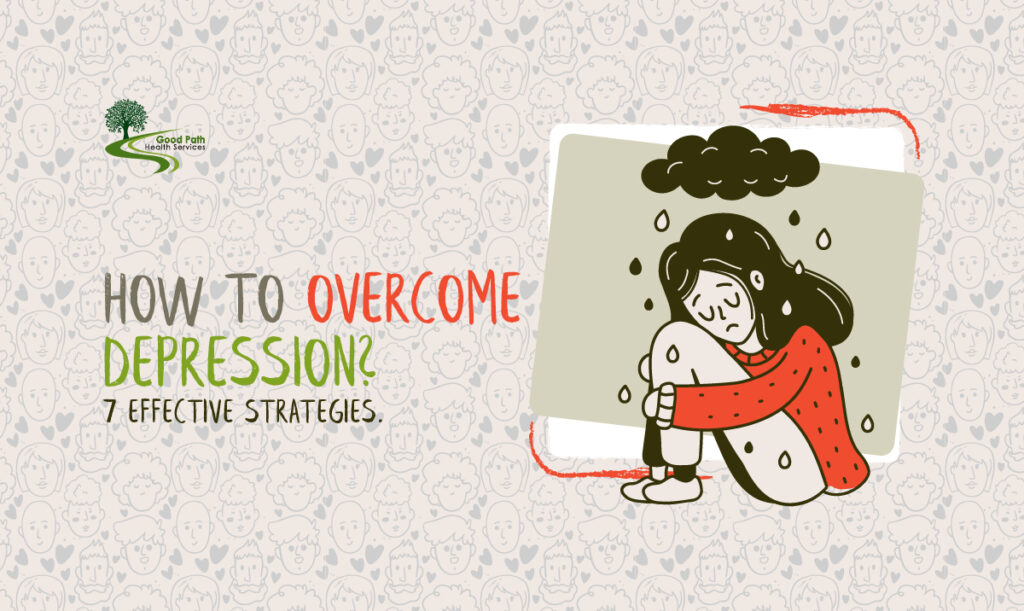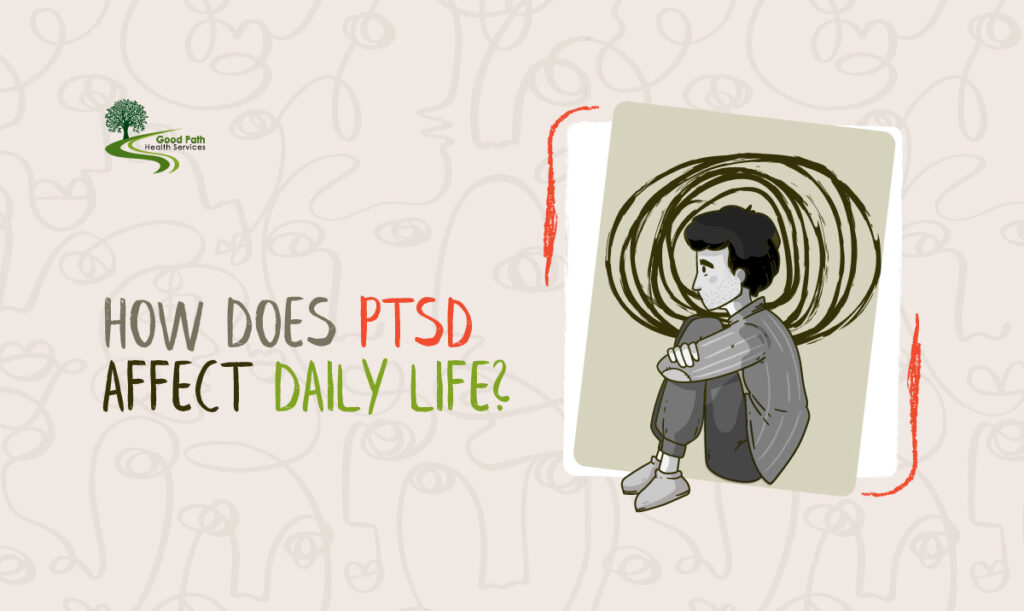
Overcoming addiction and dependency can require patience and effort.
The thing is knowing and using the right resources can greatly increase the likelihood of success.
One such treatment option is Vivitrol – which is a medication-assisted treatment (MAT) that shows promise for addiction recovery.
But how long does Vivitrol last, and is this treatment worthwhile?
In the following post, we explore what Vivitrol is, how it works, and, more importantly, how long it lasts.
This thorough guide intends to provide valuable information for the addiction recovery community and families affected by addiction.
So, let’s begin.
What is Vivitrol?
Vivitrol is a brand name for Naltrexone — it’s an extended-release injectable medication used in the treatment of alcohol and opioid addiction.
It’s administered once a month by a healthcare professional.
In contrast to other options that substitute one opioid for another, Vivitrol is an opioid antagonist.
It works by blocking the receptors in the brain that respond to opioids, therefore reducing cravings and helping to prevent relapses.
For Vivitrol to work safely, people receiving opioid treatment need to be off opioids for 7-10 days first — starting too soon could cause withdrawal symptoms.
Vivitrol is also approved for treating opioid dependence and alcohol dependence by the FDA.
How Does Vivitrol Work?
Vivitrol works by attaching itself to opioid receptors in the brain, thereby blocking the pleasure and rewarding effects of opioids and alcohol.
It essentially removes the ‘high’ associated with these substances, which decreases cravings and supports lasting abstinence.
How Long Does Vivitrol Last? – The Duration of Vivitrol’s Effect
Common questions that many patients and caregivers ask are, “How long does Vivitrol last?” and “How long does it take for Vivitrol to work?”
After administration, Vivitrol slowly releases the active compound, Naltrexone, into the body over four weeks.
As a result, the therapeutic effects of a single Vivitrol injection can last up to a month.
For thirty days, the medication provides a shield of protection against opioids and alcohol.
It’s important to remember that regular monthly injections are usually needed for continued management of addiction – although the duration also depends on a person’s physiological makeup.
Benefits and Risks of Vivitrol
As with any medication, Vivitrol has both benefits and risks. On the plus side, it:
- It reduces cravings and withdrawal symptoms.
- It’s non-addictive.
- It provides a month-long steady dose and reduces the risk of missed doses.
Nevertheless, it’s important to be aware of some potential risks:
- It cannot be used by people who are still using opioids.
- It is possible to experience severe reactions at the injection site.
- It carries a risk of severe liver damage.
Vivitrol is not for everyone, before deciding to take the medication, it’s always recommended to consult about it with a healthcare expert.
Be open with your doctor and discuss your medical history with them; they’ll be able to guide you on whether Vivitrol is right for you to take.
Side Effects of Vivitrol
Some side effects of Vivitrol can be:
●Headache.
●Nausea.
●Dizziness.
●Fainting.
●Insomnia.
●Diarrhea.
●Belly pain.
●Drowsiness.
●Anxiety.
●Joint pain.
●Muscle cramps.
●Appetite reduction.
●Injection site reactions.
●Itching.
●Toothache.
Some more serious, though less common, side effects are:
●Withdrawal.
●Liver damage.
●Allergic reactions.
●Pneumonia.
●Depression.
How Long Does Vivitrol Stay in Your System?
Vivitrol’s active ingredient, naltrexone, has an elimination half-life of about 5 to 10 days in plasma.
This means that it takes about this long for the amount in your body to reduce by half.
Then again, since Vivitrol is a long-acting medication, it stays therapeutically active for about 30 days.
Vivitrol vs Other Treatments for Addiction
Vivitrol is among the MAT options available for addiction recovery.
There are some differences between it and options like methadone (a full opioid agonist) and buprenorphine (a partial opioid agonist).
Both methadone and buprenorphine activate the opioid receptors but to a lesser extent than in abused drugs.
In contrast, Vivitrol blocks these receptors.
The choice between Vivitrol and other treatments depends on several aspects, for instance, the patient’s history, personal preference, and response to treatment.
Vivitrol vs Suboxone
Here’s the difference between vivatrol and suboxone.
| Aspect | Vivitrol | Suboxone |
| Mechanism | Opioid receptor antagonist. (Naltrexone) | Partial opioid agonist. (Buprenorphine) + Naloxone |
| Administration | Monthly intramuscular injection. | Daily sublingual film or tablet. |
| Pros | Non-addictive, no daily dosing. | Controls withdrawal, reduces cravings, and lower overdose risk. |
| Cons | Requires detoxification, and adherence is essential. | It is possible for misuse/diversion, so tapering is necessary.
|
Using suboxone and Vivitrol together is not recommended. If they are combined, it could reduce the effect of both medications.
Sublocade vs Vivitrol
Here’s the difference between the two.
| Aspect | Vivitrol | Sublocade |
| Medication Type | Naltrexone. (Opioid Antagonist) | Buprenorphine. (Partial Opioid Agonist) |
| Mechanism | Blocks opioid receptors, which reduces cravings. | Activates opioid receptors with a ceiling effect, reducing cravings and withdrawal. |
| Administration | Monthly injection. | Monthly subcutaneous injection. |
| Detoxification | Needs detox before starting. | Possibly requires tapering from other opioids before starting. |
| Addiction | Non-addictive. | Lower potential for misuse. |
| Frequency | Monthly. | Monthly. |
| Withdrawal | Vivitrol withdrawal doesn’t happen. A person requires detox if switching from opioids. | It could have a withdrawal risk if stopped all of a sudden. |
| Diversion Risk | Low (no daily doses). | Lower compared to daily doses. |
| Use | For abstinence commitment. | For opioid maintenance. |
Both vivitrol and sublocade aren’t intended to be used together.
Vivitrol Success Rate
Vivitrol is a valuable resource.
Monthly shots, combined with counseling, showed benefits in a study — around 36% achieved full opioid abstinence compared to 23% with a placebo.
Despite not being an independent solution, it helps those battling daily cravings.
In a 6-month study of patients detoxing from opioids, 36% of those receiving VIVITROL and counseling stayed opioid-free at all weekly visits, compared to 23% who received counseling with a placebo (an injection without medication).
To check Vivitrol reviews, patient stories and experiences, please visit here.
Final Thoughts
Vivitrol is effective for curbing cravings and maintaining sobriety for many people.
It’s important to consult with a healthcare provider to understand if vivitrol, or any other medication, is suitable for you.
As a reminder, medication is just one part of a comprehensive treatment plan.
Counseling, support groups, and personal determination all play important roles in getting better.
For advice and consultation, please reach out to us at Good Path Health Services; we can help you decide whether Vivitrol is suitable for you.
FAQs
How long does the Vivitrol shot last?
Vivitrol protects for about 30 days after injection.
How long does naltrexone last?
Naltrexone, the main ingredient in Vivitrol, remains in your system for about 5 to 10 days.
When does Vivitrol wear off?
The effects of Vivitrol usually last for about 30 days, and then another injection is needed.
What happens if I drink alcohol while on Vivitrol?
Alcohol could reduce the effectiveness of Vivitrol.
How to find Vivitrol clinics near me?
Consult your healthcare provider or use online directories to find Vivitrol clinics near you.
Is Vivitrol covered by insurance?
Insurance coverage varies, so contact your provider to learn more about your plan.
Is Vivitrol buprenorphine?
No, Vivitrol has naltrexone — it’s a different medication.
How to get Vivitrol for free?
You can explore Vivitrol patient assistance programs or get in touch with the manufacturer if you need assistance.
Vivitrol enrollment form — where can I find it?
A healthcare provider or the official Vivitrol website might have enrollment forms.
Vivitrol patient assistance — how can I get help?
You can check out the company’s website for information on patient assistance programs.
How long can you take Vivitrol?
Vivitrol is considered safe for both short-term and long-term use.



